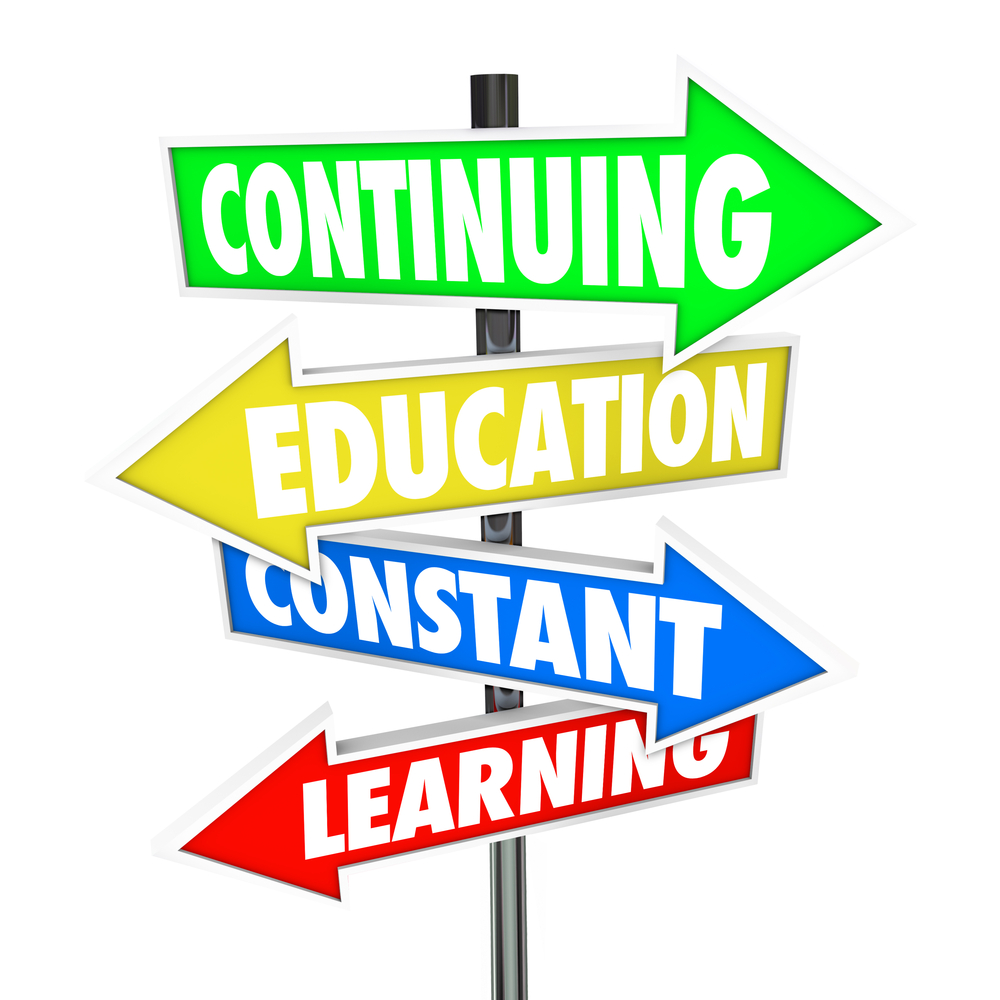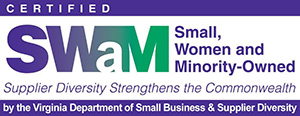 |
Online Learning Programs - All TopicsEarn contact hours and CERPs without traveling! Not sure about online learning? |
Topical Packages
These packages consist of individual online learning programs packaged by topic. Perfect for those who struggle with certain subjects, have failed the exam because they did poorly in only one or two disciplines, or just need more information to serve their clients.
- Childcare Issues & Breastfeeding - 3.4 L-CERPs / 3.4 contact hours (Psychology, Sociology & Anthropology)
- Essential Oils & Breastfeeding - 6.5 L-CERPs / 6.5 contact hours (Pharmacology & Toxicology)
- Milk Maker Cometh Package - 5.3 CERPs / 5.3 contact hours (Pathology)
- Writing & Communicating Effective Feeding Policies - 5.0 L-CERPs / 5.0 contact hours (Clinical Skills)
Read What Others Have to Say About Our Online Learning Programs
Individual Online Learning Programs
Get just the credits you need or find a topic that you enjoy. Most programs consist of an audiocast or a webcast with a content outline, a post-test, a program evaluation and a certificate. Some programs also include documents, videos, and learning activities.
Some of these courses are located on our sister site, MarieBiancuzzo.com. This list can be sorted by clicking on the titles in the header.
New programs are always in development, so check back periodically for updates.

Purchased online programs can be found on your My Account page normally within twenty minutes of purchase. Login to your account and then click the "My Account" tab at the top of the page.
Dates To Remember
World Breastfeeding Week
August 1-7, 2025
IBCLC Day
March 4, 2026
National Nurse’s Day
May 6, 2026
National Nurse’s Week
May 6-12, 2026
World Breastfeeding Week
August 1-7, 2026

